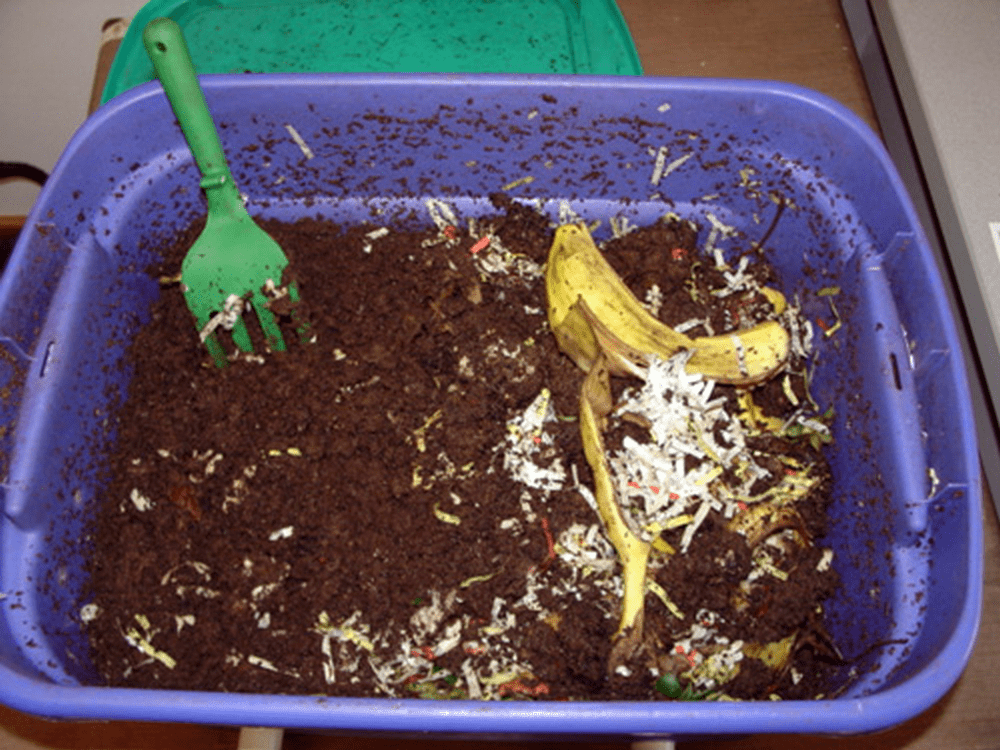Urban Composting, Small Space Solutions

Worm Composting in Small Spaces: The Ultimate Guide to Apartment Composting
Ever thought about turning your kitchen scraps into nutrient-rich fertilizer, even in a tiny apartment? Welcome to the world of worm composting in small spaces! It's not as gross as it sounds, promise. Let's dive in!
Why Worm Composting in Small Spaces?
Worm composting, also known as vermicomposting, is a fantastic way to reduce organic waste and create nutrient-dense fertilizer for your plants. It's perfect for urban gardening and apartment composting because it doesn't take up much space and doesn't stink when done right. Plus, it's an excellent step towards waste reduction.
Meet Your New Pets: Composting Worms
Red wigglers are the superstars of worm composting. They're small, live in the top 6 inches of soil, and eat their body weight in food scraps daily. Talk about efficient!
Getting Started: What You Need
Compact Composters
For apartment composting, you'll need a compact composter. These are small, stackable bins that fit neatly into corners. Check out homemade or store-bought options.
Bedding Materials
Worms need bedding to live in. Shredded newspaper, coconut coir, or peat moss work great. Just avoid glossy paper and anything with ink.
Food Scraps
Worms love fruit and veggie scraps, coffee grounds, and tea bags. Avoid meat, dairy, and citrus, which can attract pests and make your bin stink.
Setting Up Your Worm Bin
- Prepare the Bedding: Soak it in water, then wring it out until it's as damp as a wrung-out sponge.
- Fill the Bin: Add the bedding to your bin, leaving a few inches at the top.
- Add Worms: Gently place your worms on top of the bedding. They'll wiggle their way in.
- Feed Them: Start with a small amount of food scraps. As the worms multiply, you can add more.
Maintaining Your Worm Bin
Feeding
Feed your worms once a week, burying the food under the bedding. Remember, they eat their body weight daily, so don't overfeed!
Harvesting
After a few months, you'll have rich, dark compost. Push the contents of your bin to one side, add fresh bedding to the other, and start feeding the worms on that side. They'll migrate over, leaving behind pure compost.
Troubleshooting Common Problems
Fruit Flies
Bury food scraps well and avoid overfeeding. You can also cover the bin with a cloth or use a trap to catch them.
Odors
If your bin smells, it's likely too wet or you've added something you shouldn't. Stir in some dry bedding and avoid adding food until it dries out.
Escaping Worms
If your worms are trying to escape, conditions in the bin might not be ideal. Check moisture levels and make sure you're not overfeeding.
Using Your Compost
Your homemade compost is perfect for urban gardening. Mix it into potting soil, use it as a top dressing, or make compost tea by steeping it in water and using the liquid to water your plants.
The Environmental Impact
According to the EPA, composting can significantly reduce the amount of organic waste sent to landfills, thereby reducing methane emissions. Plus, it creates a nutrient-rich soil amendment that's great for plants.
Conclusion
Worm composting in small spaces is a rewarding way to reduce waste and create something valuable for your plants. It's easy, eco-friendly, and surprisingly fun. So, why not give it a try? Your plants (and the planet) will thank you!
FAQs
Can I keep my worm bin indoors? Yes! Worm bins can be kept indoors, as long as they're maintained properly. They shouldn't smell or attract pests.
How many worms do I need to start? A pound of worms (about 1,000) is a good starting point. They'll multiply quickly.
What happens if I go on vacation? Worms can survive for a few weeks without food. Just make sure their bedding is moist before you leave.
Can I compost meat and dairy? No, meat and dairy can attract pests and cause odors. Stick to fruit and veggie scraps.
What do I do if my bin is too wet? Stir in some dry bedding and avoid adding food until it dries out. You can also drain excess liquid using a spigot if your bin has one.
0 Response to " Urban Composting, Small Space Solutions"
Post a Comment